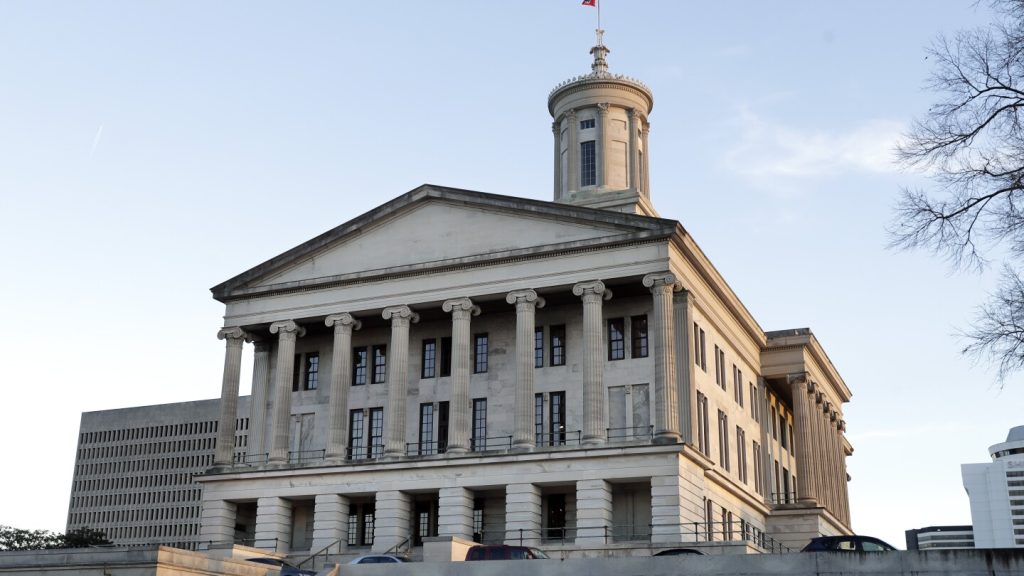Republican lawmakers in Tennessee are divided over how to provide businesses with tax relief worth more than $1 billion. Governor Bill Lee has been pushing for an overhaul of the state’s 90-year-old franchise tax, which is facing legal challenges from a group of businesses demanding refunds. The GOP-controlled Senate has passed a bill that includes $1.56 billion in one-time refunds for potentially 100,000 businesses, along with $393 million in annual tax breaks. Senate Republicans argue that this large tax relief package offers the most protection against potential court defeats, while House Republicans have presented a different version of the bill that includes ongoing tax breaks and limits on tax refunds.
The House proposal limits tax refunds to $800 million, requires public disclosure of businesses receiving refunds, and reduces refund amounts for companies already receiving certain tax credits. The bill also sets limits on lawsuits, requiring them to be filed by February 2025, and prohibits companies from suing if they accept a refund or remain under the current tax structure. House Republican Majority Leader William Lamberth believes that the current tax is not at risk of being ruled unconstitutional and views the House proposal as overly generous, aimed at providing tax relief without a pending lawsuit.
The debate is further complicated by Tennessee’s financial situation, with tax revenues stagnating after years of growth prior to the COVID-19 pandemic. Democratic lawmakers have criticized the focus on big business tax breaks in an election year while neglecting issues such as a grocery tax break. Governor Lee’s budget proposal includes a significant school voucher expansion that could cost hundreds of millions of dollars. A budget amendment this week would allocate additional funds to state reserves and new initiatives, such as deploying National Guard troops to the U.S. southern border and funding a Davy Crockett statue.
The Senate leaders have emphasized that setting aside $1.56 billion for tax refunds is non-negotiable, with the remaining amount to be held in reserve in case of a lawsuit. The concerns about the state’s franchise tax potentially violating the U.S. Constitution’s Commerce Clause have been raised, particularly in light of a 2015 Supreme Court case that struck down Maryland’s tax for double-taxing income earned in other states. However, specific details regarding the businesses requesting refunds have not been disclosed, with state leaders keeping that information hidden. Legal challenges related to the franchise tax have been mentioned in court filings, including a lawsuit by Toyota seeking a multimillion-dollar refund and alleging violations of the U.S. and Tennessee constitutions.
Overall, the debate over the Tennessee franchise tax and potential tax relief for businesses reflects broader concerns about state finances, legal liabilities, and the balance between protecting taxpayers and promoting economic growth. Republican lawmakers are grappling with the need to address legal challenges, provide tax relief, and ensure financial stability while navigating partisan differences and the upcoming budget negotiations in the final weeks of the legislative session. The outcome of this debate will have significant implications for businesses, taxpayers, and the state’s economic future.


